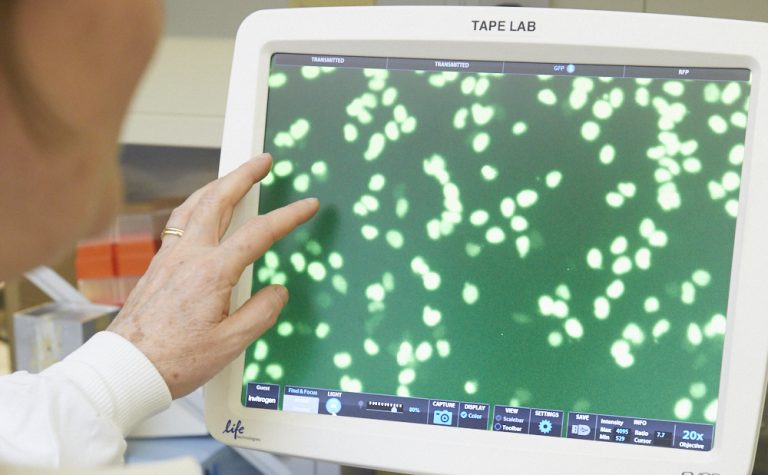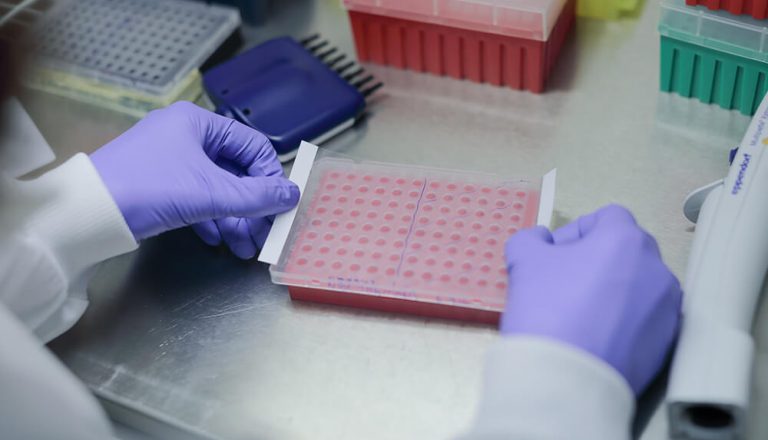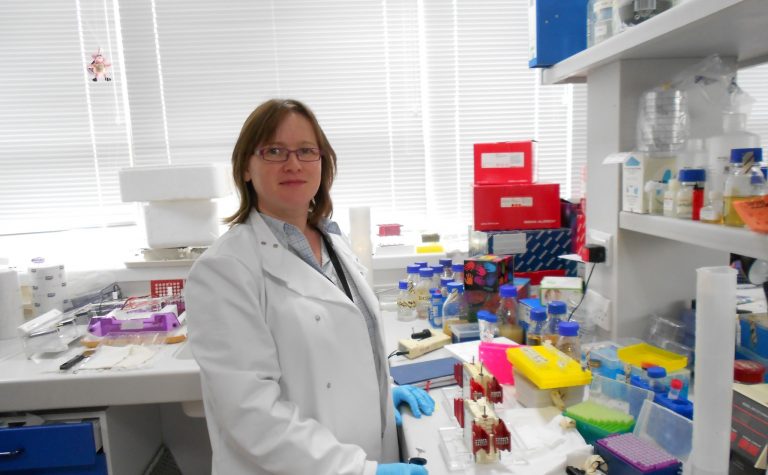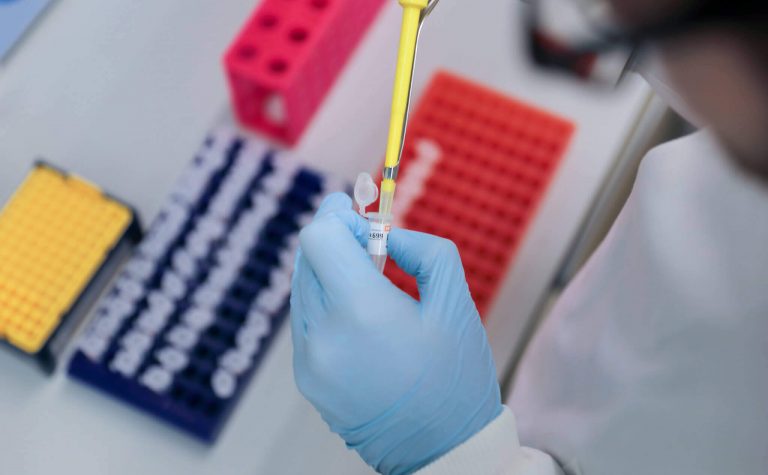Project Details
Project Title
Combination treatments for neuroblastoma
Lead Researcher
Dr Andrew Stoker
Research Centre
UCL Institute of Child Health
City & Institution Postcode
London, WC1N 1EH
Start Date
7 January 2013
Duration
42 months
Grant Amount
£69,244




